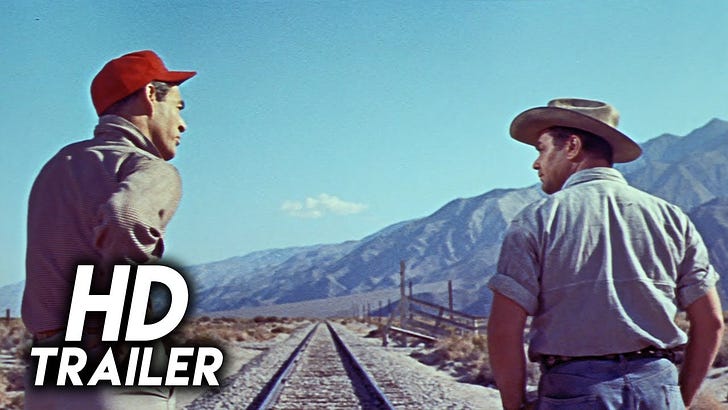Sometimes you can travel a few hundred miles and find yourself in what seems like another world. That happened to me once when I decided to drive through Schuylkill County, in Pennsylvania, moving from one old boom town to another, now long after the booms had busted. I was stunned. I had never seen the kind of poverty I saw there: streets denuded of…
Keep reading with a 7-day free trial
Subscribe to Word & Song by Anthony Esolen to keep reading this post and get 7 days of free access to the full post archives.



